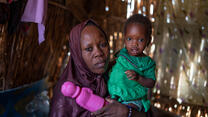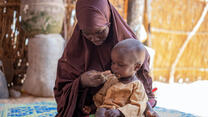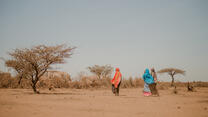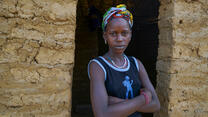A compound crisis of armed conflict and climate change is driving unprecedented levels of humanitarian need, displacement and food insecurity in the Central Sahel: Mali, Burkina Faso and Niger. But these impacts are distributed neither equally nor randomly across the region.
This report examines how political decisions dating from the French colonial rule through the early 2000s have marginalized peripheral areas of the Central Sahel states both economically and politically. As a result, the populations of these regions face widespread poverty, are particularly dependent on sectors vulnerable to climate change and are more likely to be exposed to armed conflict. They therefore suffer a disproportionate burden of the compound crisis.
Addressing this compound crisis requires:
- Tackling immediate humanitarian needs by investing in humanitarian access and supporting households to anticipate and recover from shocks, with particular attention to the distinct impact on women and girls.
- Dismantling the feedback loop between climate change and armed conflict.
- Funding climate adaptation initiatives that suit the needs and challenges of Central Sahel and similar contexts where governance is fragmented and both international and local parties politicize aid.



